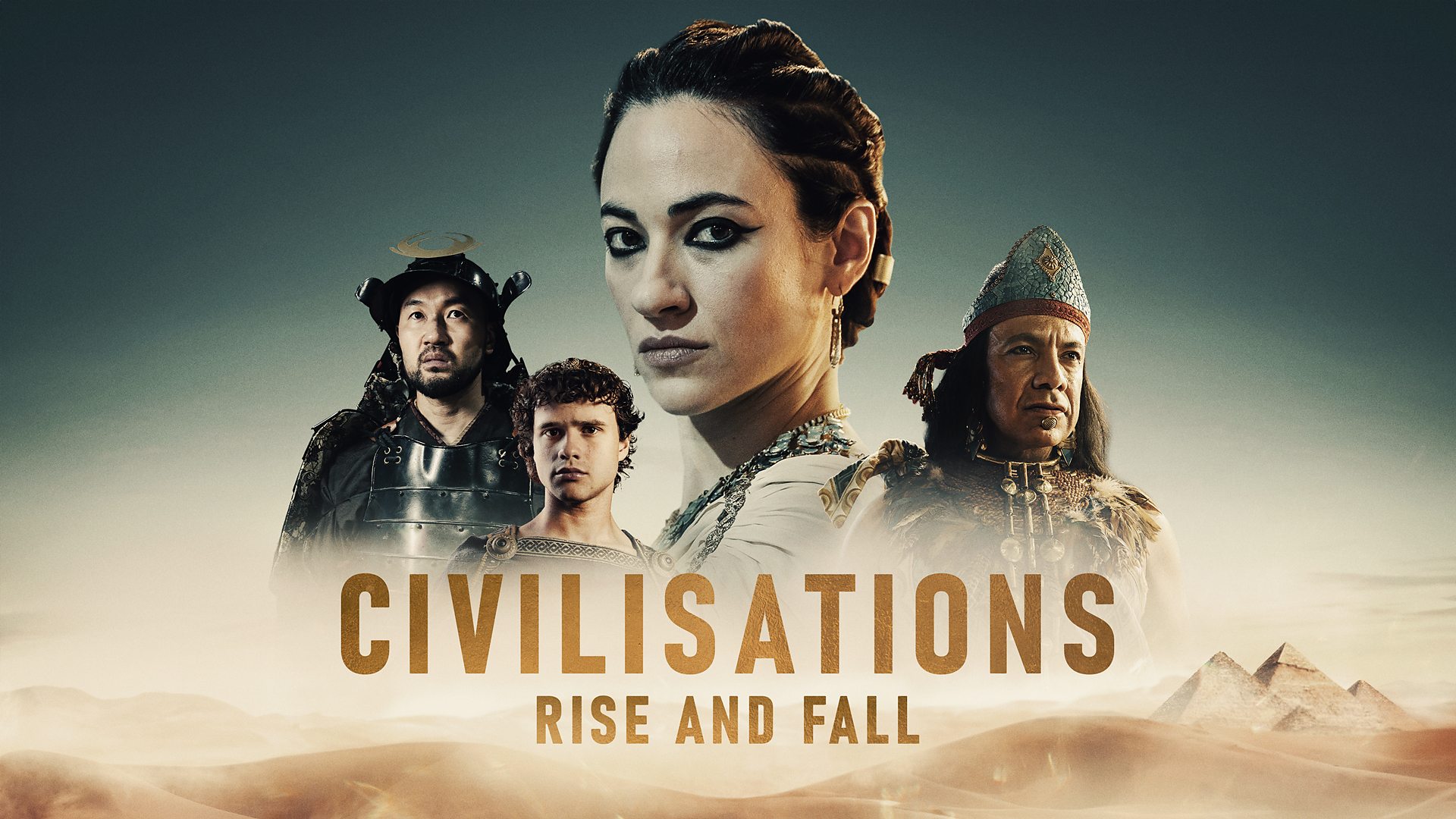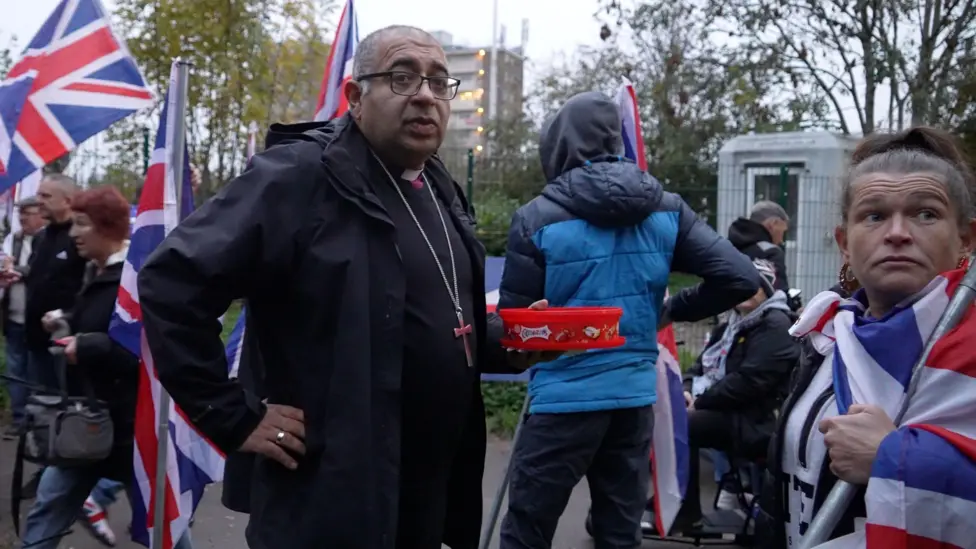The ministry of Jesus is expanded by Jesus commissioning grass-root activists to disperse and make the kind of difference to individual's lives that He was making - literally demonstrating the Kingdom of God through healing, deliverance and affirming people as children of God. This high-risk distributed network approach was revolutionary and completely different to the 'rally around the central high profile leader' method. It started the permeation of society with a new story - one different to the existing stories which typically assumed success by force and bloodshed.
The way of Jesus was to give up power in the human ways of expressing it, and instead pass on the genuine Kingdom difference, and empower others to pass it on. Most assumed a power-play against the Romans was pre-ordained by God, but the real power-play was for the hearts of individuals. Regardless of what the human-regimes might do, or how they might rise / fall / be replaced by another, the change of heart in individuals could then endure down the ages against all odds.
In the folly of fallen humanity, human regimes and structures can come and go, and nation states can change between benevolence and evil. We know from history just 100 years back of such a negative change in Germany spanning about a decade. In our own age we are watching similar changes play out in real time right now in America. The need for the true good news of Jesus and His Kingdom is therefore still acute!
The way of Jesus brought a different kind of change in a different kind of way. Ultimately it didn't just change a nation but brought change across a whole empire and beyond. Today nations and wannabe-empires rage and deploy their 'might' in terrible ways all around us, and will continue to do so ... but the grass-roots work of the Kingdom heart-activated individuals can continue amidst the turmoil, will endure, and ultimately supersede the current schemes of man.





